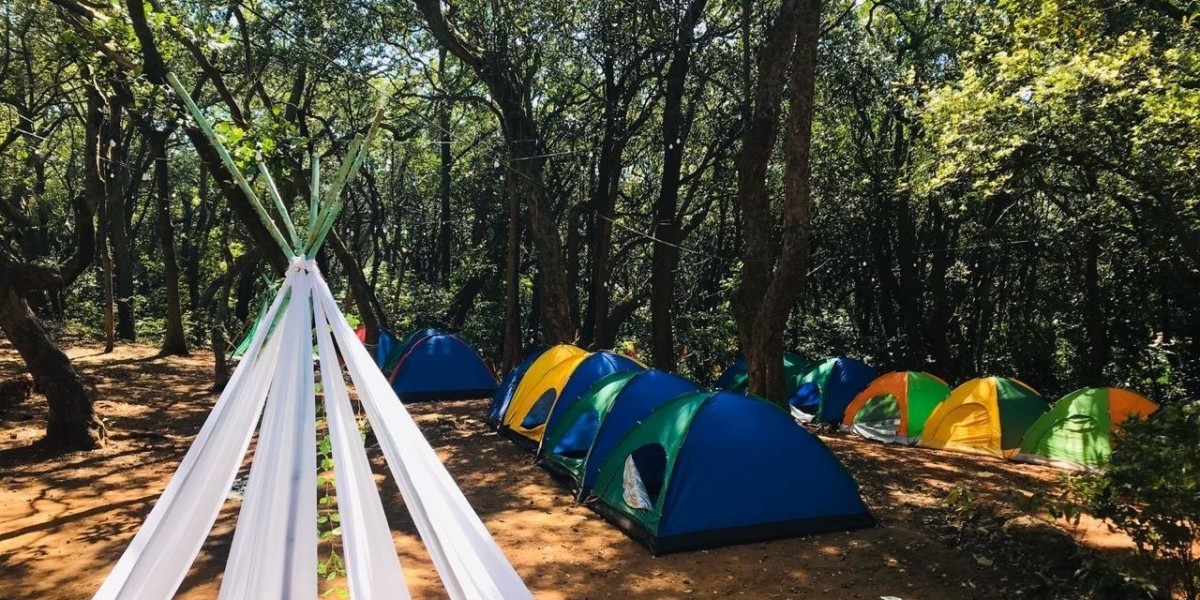The Cisco Certified Network Associate (CCNA) certification is a valuable credential for anyone looking to build a career in networking. It validates your knowledge and skills in network installation, troubleshooting, security, and more. However, preparing for the CCNA exam can be challenging, especially with the wide range of topics it covers. In this blog, we will explore essential tips and strategies to help you succeed in your CCNA Training in Bangalore exam preparation and achieve certification.
1. Understand the Exam Structure and Topics
The CCNA exam typically covers several key areas related to networking. These include:
- Network Fundamentals: Understanding networking concepts, OSI and TCP/IP models, and basic IP addressing.
- LAN Switching Technologies: Focuses on VLANs, VLAN trunking, STP, and switching concepts.
- Routing Technologies: This includes static routing, dynamic routing protocols like OSPF and EIGRP.
- WAN Technologies: Topics like PPP, VPN, and broadband technologies.
- Infrastructure Services: DHCP, DNS, NAT, and other networking services.
- Security Fundamentals: Basic network security principles, including firewalls and access control.
- Automation and Programmability: An introduction to network automation using tools like Python.
To make your preparation more effective, familiarize yourself with these exam topics, as it will help you stay focused on the areas you need to cover.
2. Build a Study Plan
A well-structured study plan is crucial for effective exam preparation. Given the broad scope of the CCNA exam, it’s important to break down your study sessions into manageable chunks. Here's how you can create a study plan:
- Set a Timeline: Decide how much time you can dedicate each day or week. Most candidates spend 3-6 months preparing for the exam.
- Prioritize Topics: Focus on the fundamental concepts first, and gradually move to more complex topics like routing protocols and security features.
- Daily Goals: Set daily or weekly goals to help you stay on track. This could include mastering certain topics or completing practice questions.
- Review Regularly: Don’t forget to review older topics periodically to reinforce your knowledge.
3. Use Quality Study Materials
The right study materials can make a huge difference in your preparation. Here’s what you should look for:
- Cisco Press Books: The official study guides from Cisco are excellent resources. Books like "CCNA 200-301 Official Cert Guide" offer in-depth coverage of all exam topics.
- Video Tutorials: Online video tutorials are great for visual learners. Platforms like Udemy and LinkedIn Learning offer CCNA courses with comprehensive lessons.
- Practice Exams: Practice exams are vital for assessing your progress and familiarizing yourself with the exam format. They help you identify areas where you need more work and improve your exam-taking skills.
- Lab Simulators: Networking is hands-on. Use lab simulators such as Cisco Packet Tracer or GNS3 to create virtual networks and practice configuring devices.
4. Focus on Hands-on Practice
Networking is a practical field, so theoretical knowledge alone isn’t enough. Hands-on practice is essential for passing the CCNA exam. Here's how to approach it:
- Use Network Simulators: Tools like Cisco Packet Tracer and GNS3 allow you to simulate network configurations and gain practical experience with real-world networking scenarios.
- Set Up a Home Lab: If possible, set up a small home lab with real Cisco devices, such as routers and switches. This will give you the experience of working with physical devices and will help you understand networking concepts better.
- Practice Troubleshooting: The ability to troubleshoot network issues is a critical skill for a network engineer. Practice diagnosing and resolving network problems in your simulations.
5. Stay Consistent and Take Breaks
Consistency is key in your CCNA exam preparation. Set a study schedule and stick to it. However, don’t overburden yourself by cramming. Studies show that taking regular breaks enhances memory retention and prevents burnout. Try the Pomodoro technique, where you study for 25 minutes and take a 5-minute break afterward. After completing four sessions, take a longer break (15-30 minutes).
6. Join Study Groups and Forums
Joining a study group or online community can help you stay motivated and provide valuable insights. You can ask questions, share study resources, and learn from others who are also preparing for the exam. Consider joining forums such as:
- Cisco Learning Network
- Reddit’s CCNA Community
- TechExams.net
Engaging with others can help you clarify doubts and stay up-to-date with the latest exam updates.
7. Take Mock Exams and Review
As you approach your exam date, take multiple full-length mock exams to gauge your readiness. This will help you get used to the timing and structure of the real exam. After each mock test, review your mistakes carefully. Understand why you got a question wrong and make sure you don’t repeat the same mistake in the future.
Conclusion
The CCNA exam can be challenging, but with the right approach and preparation, it is definitely achievable. Remember to understand the exam structure, create a solid study plan, focus on hands-on practice, and use the best study materials. By staying consistent, taking breaks, and participating in study groups, you can increase your chances of success.
If you are looking for comprehensive guidance and hands-on training for the CCNA exam, consider enrolling in CCNA training in Bangalore. Expert-led training can provide you with the knowledge and skills needed to ace the exam and advance your career in networking.
Good luck on your CCNA journey, and remember that consistent effort and practice are the keys to success!



